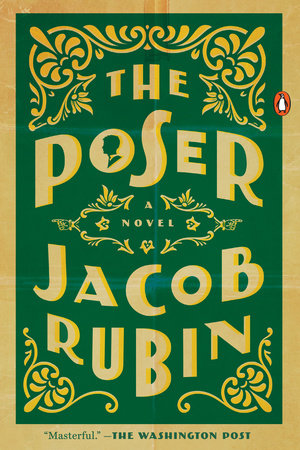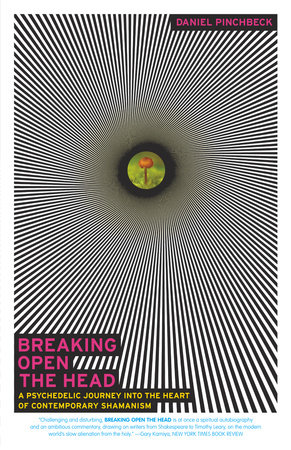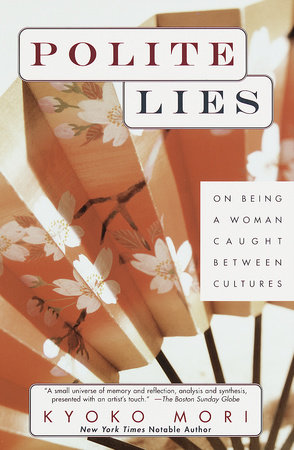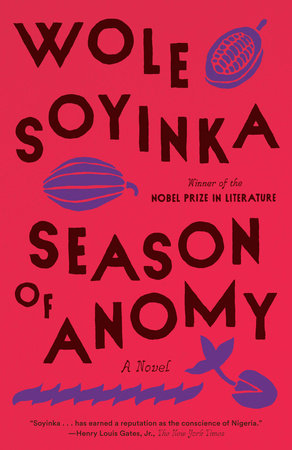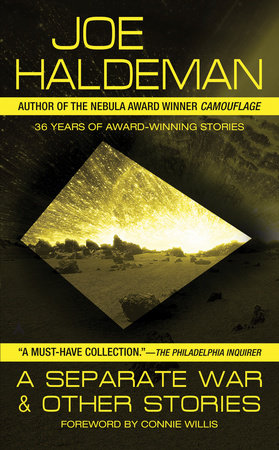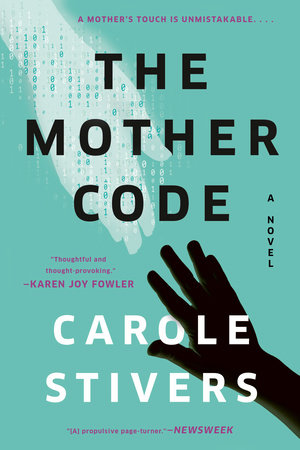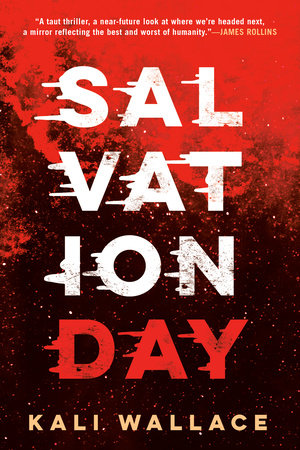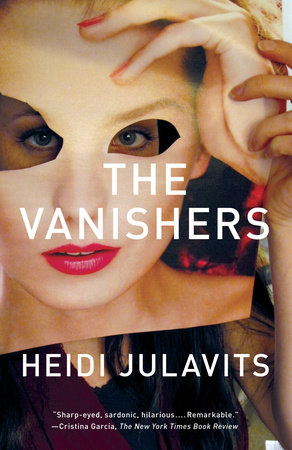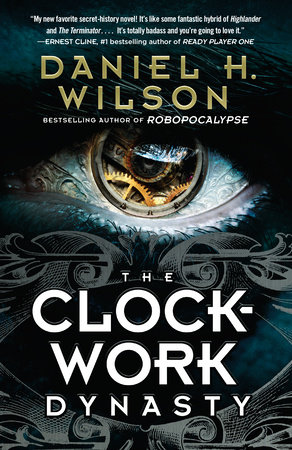1. The Poser is a breathtaking, hugely original novel. What was your inspiration?
Thank you all for your interest in the book! I first conceived of the impressionist, a man famous for imitating anyone he met, a long time ago, in a regrettable and mercifully vanished short story. I eventually (and wisely) scrapped the story, realizing I was most interested in this mimic who made only a cameo anyway, on a photograph in a trashcan.
Once I began writing, I found my way in, slowly, through Giovanni’s voice. This is usually the case for me as a reader, and it seems to be the unavoidable path for me as a writer, too. My favorite books are more voice- than plot-driven, so that my most beloved reading experiences feel a lot like periods of sustained listening. I would love for the reader to feel the same about Giovanni’s story: that it is a scandalous, private, and, I hope, entertaining tale being sort of whispered to him or her alone.
In terms of the book’s setting (a nebulous territory that resembles America of the forties, fifties, and sixties) I was influenced most, I think, by Borges and Kafka and, more recently, by Wes Anderson’s movies, which handle place in ways I find both playful and resonant. I should also mention Charlie Kaufman’s Synecdoche, New York, which is great film and terribly underrated. I recommend it if you haven’t seen it!
2. Giovanni says that each person has a thread that “when pulled by the right hands . . . will unravel the person entire” (p.4). What detail or habit—which thread—would Giovanni use to imitate you?
Oh, God. I shudder to think! Probably my voice, which people sometimes imitate, or my laugh. I teach sometimes, and one night, I went to a faculty get-together. Somebody told a joke, and I started laughing. Then this bearded, burly math teacher said, “He’s doing it again!” And I discovered they had all been secretly noting (and imitating) my laugh. That I found the whole thing lightly jarring made me think I was on to something with Giovanni.
3. Do you believe that identity is static or does it change over time?
I think I subscribe to the Buddhist view of identity that—and this is a very reductive précis—there is no identity at all, but only habits and predilections that we mistake for a self. As some people age and harden into apparent caricatures of themselves, repeating well-worn anecdotes or clinging to certain gestures—all of this, I think, is really a defense against a mounting suspicion that they’ve never been who they’ve mistaken themselves to be all along. As compensation, they double down on a more rigid performance of themselves.
4. How do our internal selves conflict with or complement our external selves? Which is more authentic? How does Giovanni turn this relationship on its head?
I once read an insightful YouTube comment (perhaps the only time that sentence has been written!). It was in response to Barbara Walters’s interview with Britney Spears during which Spears broke down in tears, admitting how lonely and isolated she had felt through her period of greatest fame. The commentator was raising the question of why we should privilege this one moment—even in its apparent “authenticity”—over Spears’s other, more polished incarnations. It’s a worthy question. We do, I think, have a tendency to linger on these bracketed moments of “authentic” confession. True, they represent punctures in the mask, but the selection of the mask itself is equally revealing. This is something that Giovanni has to reckon with. He feels detached from many of his own poses and yet he has selected them and has chosen to live within them. Who he has chosen to be is as much a part of him as who he “really” is.
5. Do you see Giovanni’s talent as a blessing or a curse?
At the risk of sounding like a fortune cookie, I would say that Giovanni’s strength is also his weakness. He has this great, rare talent, but he frequently hides behind it and misuses it in all kinds of ways, and has to learn to overcome it. I think this is true of many of us. What we are most skilled at becomes a kind of crutch, even an obstacle. It is like a highly advanced technology we deploy to crude and often frightened ends.
6. Many of your characters have such unusual names. How did you choose them?
I think I saw the names as existing on a similar plane as the fictitious places, that is, they are maybe off-kilter but, I hope, distantly familiar and dense with connotation. I like, for instance, that Giovanni has been saddled with a kind of stage name, one that recalls an Italian sculptor and a rich history of European art to which Giovanni has no real access. It’s a sort of legacy and burden that’s both unmistakably his and unattainable to him.
7. As a politician, Giovanni doesn’t care about what he says but only how he looks while saying it. How closely does this align with your perception of politicians?
I don’t think I’m quite as cynical about politicians as the book is. But I am fascinated by the primacy of gesture in politics. Our assessment of people’s capacity to lead, to summon our trust and respect, so often resides in how they look when they talk (as opposed, often, to what they are saying). It is such an obvious truth, it’s almost not worth stating, and yet it’s so fundamentally strange and, to my mind, irresponsible. Perhaps what I’m giving here is some not very interesting description of charisma: that some people seem to have access to certain powers or knowledge simply because of the glint in their eye. It’s like voodoo. Working on the book, I watched many clips of politicians, and I would say the vast majority of politicians in contemporary America in some way or another mimic Ronald Reagan (the way, for instance, he alternated between lowering his chin with pursed lips and angling his head upward in hope). Many of these gestures are just the tricks of a veteran TV actor, so the section in which Giovanni becomes governor, while in some ways the most far-out, is perhaps the most realistic in the book.
8. The novel is told from Giovanni’s perspective, an approach explained by events at the conclusion of the book. As an author, why did you choose this approach?
Early on I had to grapple with the question of why—and to what end—Giovanni was telling this story, a question, I think, any first-person narrative has to address, even if it is never mentioned or directly dramatized, as it in The Poser. The more I thought about it, the more I understood the writing of this book could represent Giovanni’s cure, but a problematic one as some of his old tendencies and habits (of performing, hiding) would inevitably return in its composition. I hope some of what makes the account compelling feels slightly troubling or compensatory. On some level the mimic is still feeding his demons even as he tries to exorcise them.
9. Aren’t all successful authors, in a way, mimics like Giovanni?
I do think so. Many writers I know are skilled mimics. Many also have an unusually good ear and memory for conversation. These days I tend to think of writing as a shy cousin of acting. You have to inhabit a certain voice, a consciousness, on the page, and it’s often about letting that voice or consciousness lead you around by the nose and take you to what’s meaningful. I imagine actors go through a similar process when they get “lost” in a scene and hit upon some truthful gesture or tone.
10. This is your first novel, but you’ve written also written criticism, short stories, and screenplays. What are you currently working on?
Too much! I’m working on several pitches and a couple of screenplays with my writing partner in L.A. I am also working on a new novel, which I hope will be funny. I used to fear working on many things at once, but I think it’s helpful, for me at least and for now.
